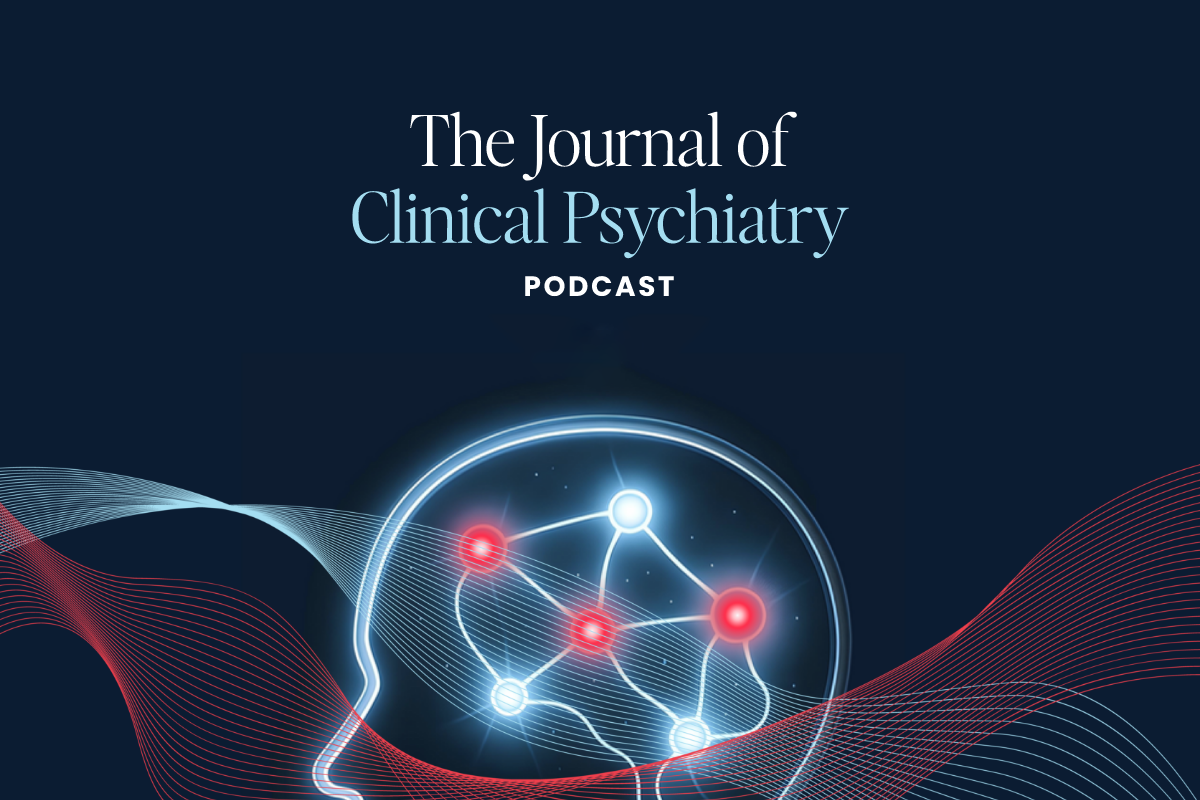Celibacy is having a moment. Whether it’s the financial challenges of dating in this economic environment or simple generational differences, fewer Americans are having sex. According to the latest “Singles in America” study, nearly a third of U.S. singles are not having sex – on purpose. And it’s hardly a mystery when you consider that almost 46 percent of the singles surveyed hadn’t been on a date at any point in the past year.
Earlier this year, Psychology Today’s own survey found that 18.8 % of the people they spoke with were “voluntarily celibate.”
So what’s driving this celibacy trend? And why do some people never have sex?
A huge new study in PNAS dives into those questions, linking sexlessness highlighting several factors that appear to be at play. The work, led by an international group of behavioral geneticists and social scientists, relied on a broad dataset to shed light on a behavior that’s rare but hugely consequential for health, happiness, and our own evolution.
Methodology
Researchers analyzed data from nearly 400,000 middle- and older-aged UK Biobank participants and more than 13,000 Australians between the ages of 18 and 89. And roughly 1% of them reported never having experienced vaginal, oral, or anal sex. The percentage – while certainly small – offered a large enough sample for the team to dig deeper. They scoured through hundreds of traits, looked at environmental factors, and considered genetic markers to draft a complex blueprint of lifelong sexual inexperience.
The big takeaway? Sexless adults are, on average, better educated and less likely to drink alcohol or smoke. Even so, they report feeling lonelier, unhappier, and more nervous than their sexually active peers.
The outcomes among men appeared to be more obviously tied to physical robustness (think grip strength and lean muscle) than their female counterparts. And on a population-wide level, male sexlessness seemed to be more common in regions with fewer women or higher income inequality.
Celibacy’s Genetic Component
Genetics played a role, too, though far from determinative. Using genome-wide association studies (GWAS), the researchers found that common genetic variants accounted for about 17% of the variation in male sexlessness and 14% in women. The genetic overlap between the sexes was a moderate one, hovering around 56%. Polygenic scores predicted related outcomes in the Australian sample, such as fewer relationships, later age at first intercourse, and greater likelihood of never having a sexual partner (particularly among women).
“What stands out most is the overlap with genetic factors related to intelligence, education, and psychiatric conditions, such as autism,” Co-first author Abdel Abdellaoui of the Amsterdam UMC said.
Notably, genes tied to celibacy overlapped with those associated with higher cognitive ability, socioeconomic status, autism spectrum disorder, and anorexia, while negatively correlating with ADHD, PTSD, and substance use.
In other words, the genetic profile of sexlessness was not one of the disadvantages across the board. On the contrary, its positive associations with intelligence and education challenge longstanding ideas about evolutionary “fitness.”
Social and Psychological Factors
It’s probably no surprise that patterns of loneliness clearly stood out. Sexless individuals, especially men, were less likely to have confidants, close friendships, or supportive family networks. They visited friends and family less often and most of them were more likely to live alone. These social deficits paralleled their lower levels of happiness and meaningfulness in life.
Physical traits also mattered. Men with lower grip strength and body mass, or even those who began wearing glasses earlier in life, were more likely to report never having sex. The researchers speculate that childhood experiences of being stigmatized as “nerdy” or unattractive might linger well into adulthood, undercutting confidence and opportunity in intimate relationships.
Regional Inequality and ‘Mating Markets’
Environment shaped outcomes, too. Men were more likely to remain sexless in areas with skewed sex ratios – that is, places where women were fewer relative to men – and in regions marked by stark income inequality. These findings echo earlier, smaller studies linking “mating markets” to romantic opportunities.
The team added that such social ecology could fuel broader cultural phenomena, including the rise of online “incel” communities.
Evolutionary Implications of Celibacy
From an evolutionary perspective, lifetime sexlessness represents nothing less than an absolute reproductive dead end in ancestral settings. The genetic findings suggest that alleles associated with sexlessness fell sharply over the past 10,000 years, consistent with natural selection against them.
Still, the persistence of variation hints at some complex dynamics. Some genetic factors tied to sexlessness also appear tied to intelligence and higher socioeconomic standing, traits that obviously confer other benefits.
The study challenges one popular theory: that human intelligence evolved primarily through sexual selection. If smarter individuals truly attracted more mates, the researchers wouldn’t have identified strong genetic correlations between intelligence and never having sex.
Instead, the results of this study suggest that cognitive gifts might actually coexist with, rather than guarantee, sexual opportunity.
Co-senior author Karin Verweij of the Amsterdam UMC insisted that the findings underscore the notion that sexlessness is the result of a complex interplay between multiple factors.
“It is certainly not about ‘virginity genes.’ Our results show that environment, personality, and genetics all contribute,” she pointed out. “The associations we found do not directly prove cause and effect, but they do reveal how different factors are related to sexlessness.”
A Broader Conversation About Celibacy
By mapping the correlates of lifelong sexlessness, the study opens new lines of inquiry across psychology, sociology, and genetics. It highlights the interplay between biology and society, between personal traits and regional structures, in shaping one of the most intimate aspects of human life.
It also raises a bigger question. If sex really is a universal drive, what does it mean when a small but significant number of people go without it entirely?
Further Reading
Weekly Sex Could Be a Natural Antidepressant



